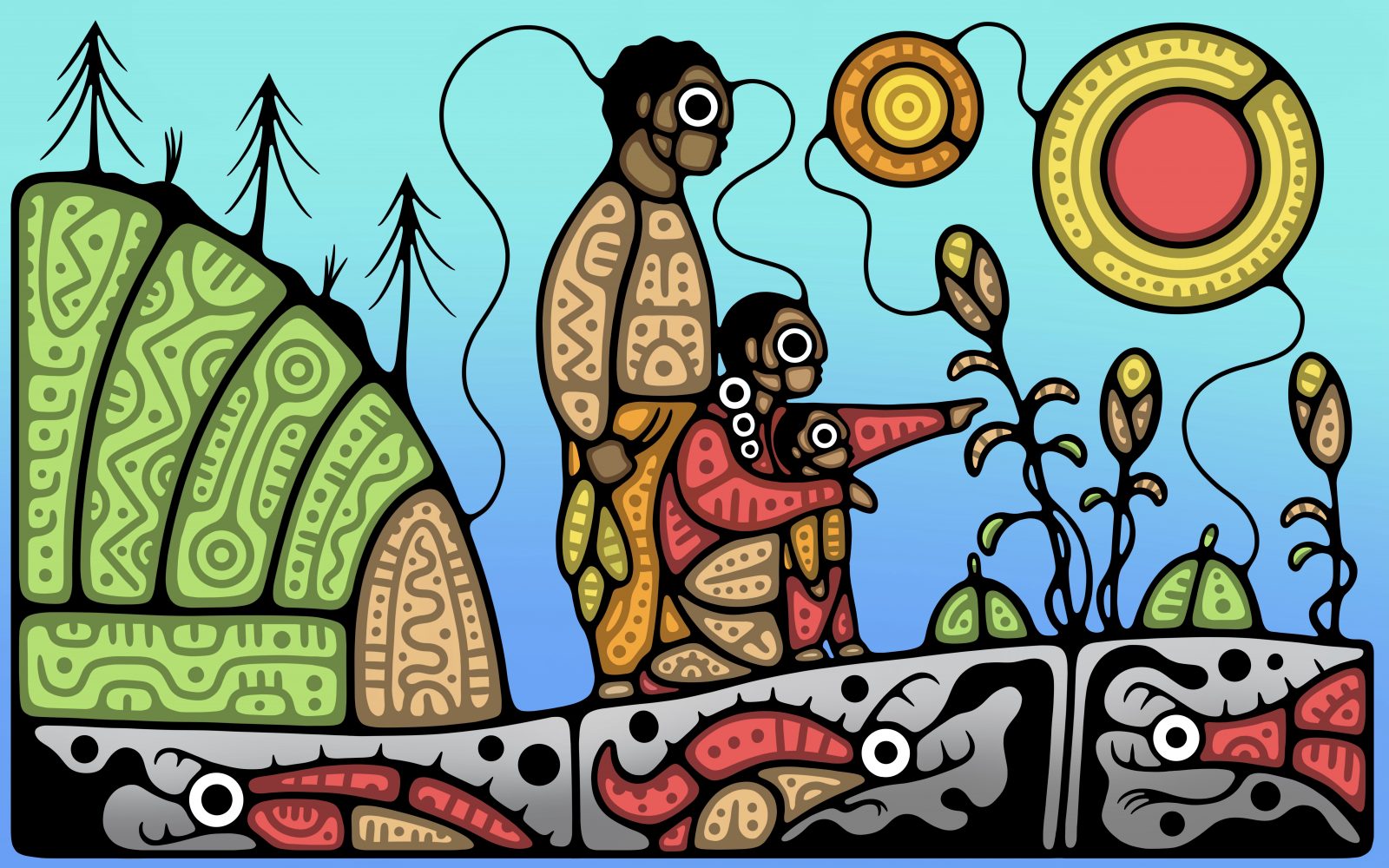Applications are now open for our 2024 Indigenous Perspectives case study series, an annual series in partnership with the Centre for Indigenous Environmental Resources (CIER).
We invite Indigenous researchers, Knowledge Holders, and writers interested in advancing climate policy to propose case studies for this year’s series. Lead applicants must self-identify as Indigenous to Canada. If there are non-Indigenous researchers involved in the research, lead applicants should indicate in their letter of introduction how the case study will remain accountable to and be led by Indigenous researchers. Research must be focused on Canada.
This is a competitive process and three case studies will be chosen for the 2024 series.
Deadline to apply: Tuesday November 14, 2023 by 4:30 p.m. PST
Research stipend: C$15,000
Submission email: Email your submission form with the subject title Indigenous Perspectives Case Study 2024 to: info@climateinstitute.ca
Need support with your submission? Join us on November 3, 10 am – 11 am PST for a webinar to get support with the Call for Submissions process.
You can also reach our to us at info@climateinstitute.ca to ask questions at any time.
Case study deliverables:
Case studies should be between 2,500-4,000 words in Times New Roman (6-8 pages), plus references, and drafted in Google docs. They can be written in French or English and the Institute will publish the case studies in both languages. There are also options to translate case studies into Indigenous languages. We will provide all of the translation support. For further reference, see the case studies from previous years.
We are open to creative ways to communicate case study research, for example, through video, audio, or photos. Applicants can include work that is underway (connected to a Ph.D. or post-doc, for example) or work that constitutes original research, and we welcome community researchers and members working together.
We also encourage applicants to draw on traditional knowledge, two-eyed seeing, Inuit Qaujimajatuqangit, and intersectional climate change issues (for example, gender diversity and inclusion, racism and colonization, food sovereignty, food security, biodiversity).
Questions case studies should answer:
- What is the issue/problem/challenge?
- How does this issue connect to climate change or climate change policy?
- What insights emerged from this experience or this issue?
- Are there relevant lessons for other communities/jurisdictions/contexts?
- Are there policy implications for one or more orders of government?
Case study subject areas:
We are open to a wide range of topics but are particularly interested in case studies that explore:
- Clean growth (How can communities succeed through the global energy transition, and what government policies are necessary to do so?)
- Mitigation (How can communities reduce their emissions, and what government policies are necessary to do so?)
- Adaptation (How can communities adapt to a changing climate, and what government policies are necessary to do so?)
- Integration—case studies that touch on more than one of the above areas
Further information and timelines:
This program seeks to profile Indigenous-led research in climate policy successes, barriers, and lessons learned through responding to climate impacts, efforts to limit further warming, and participation in the global energy transition. Case studies should be firmly rooted in specific times and places, and contain and explore particular events, policies, or communities in detail. Ideally, they should also demonstrate insights that can be applied in other contexts or to broader policy design, and include a set of recommendations to advance or inform climate policy.
Case study authors will work with CIER and Climate Institute mentors throughout the process (see timeline below) and take part in a public roundtable discussion about their research in June 2024.
Sample production timeline:
- November 14, 2023: Applications due
- January 2024: Meet your mentors introductory meeting
- February 23, 2024: First draft of case study submitted
- March 8, 2024: Feedback provided by the Canadian Climate Institute and CIER
- March 26, 2024: Second draft of case study submitted
- April 5, 2024: Feedback provided by the Canadian Climate Institute and CIER
- April 12, 2024: Final case study submission
- June 20, 2024: Annual Roundtable

The Canadian Climate Institute is Canada’s leading climate change policy research organization, producing the rigorous analysis and evidence-based recommendations needed to advance climate resilience, chart net zero pathways, and drive long-term prosperity. We are committed to ensuring that our work supports Indigenous self-determination, and that Indigenous ways of knowing, being, and doing are reflected in policy recommendations. We recognize that this work must be led by and for Indigenous people and welcome this opportunity to showcase leading Indigenous practitioners and researchers. Learn more.

Centre for Indigenous Environmental Resources is Canada’s first Indigenous-directed environmental non-profit charitable organization. CIER was founded in 1995 by 10 First Nation Chiefs from across Canada. CIER supports Indigenous people and communities to be leaders of positive environmental change, using the best of Western and Indigenous knowledge to create a world that is in balance and supports the well-being of all living things. Since 1995, CIER has worked on 450 projects with over 300 Indigenous nations across Canada.
